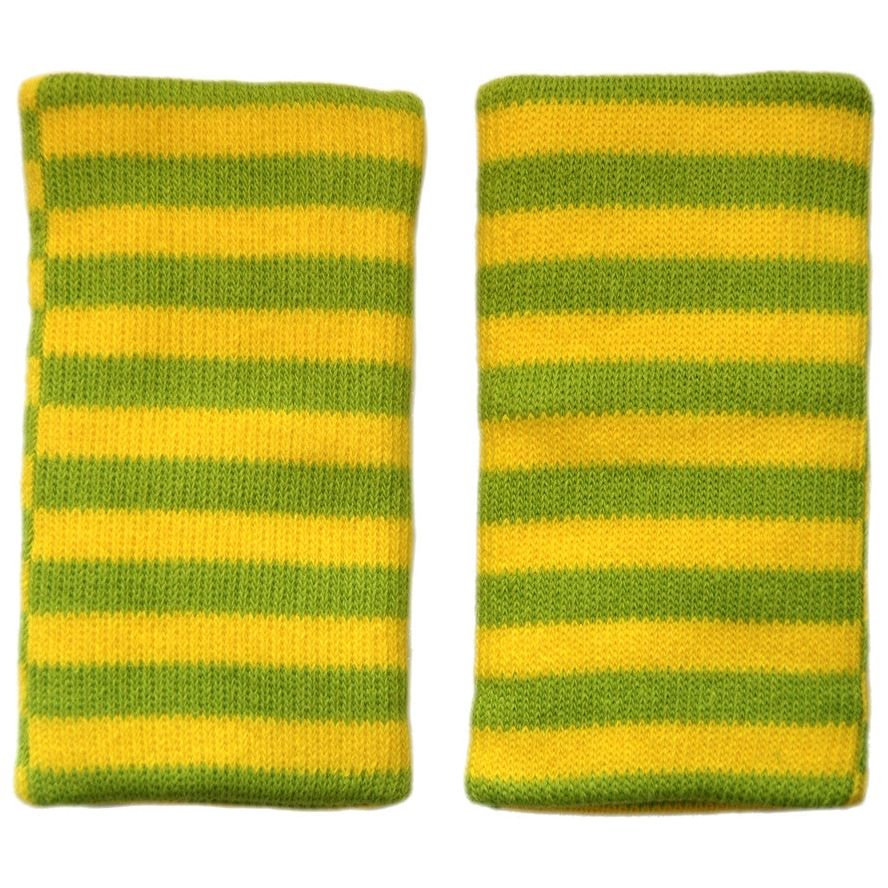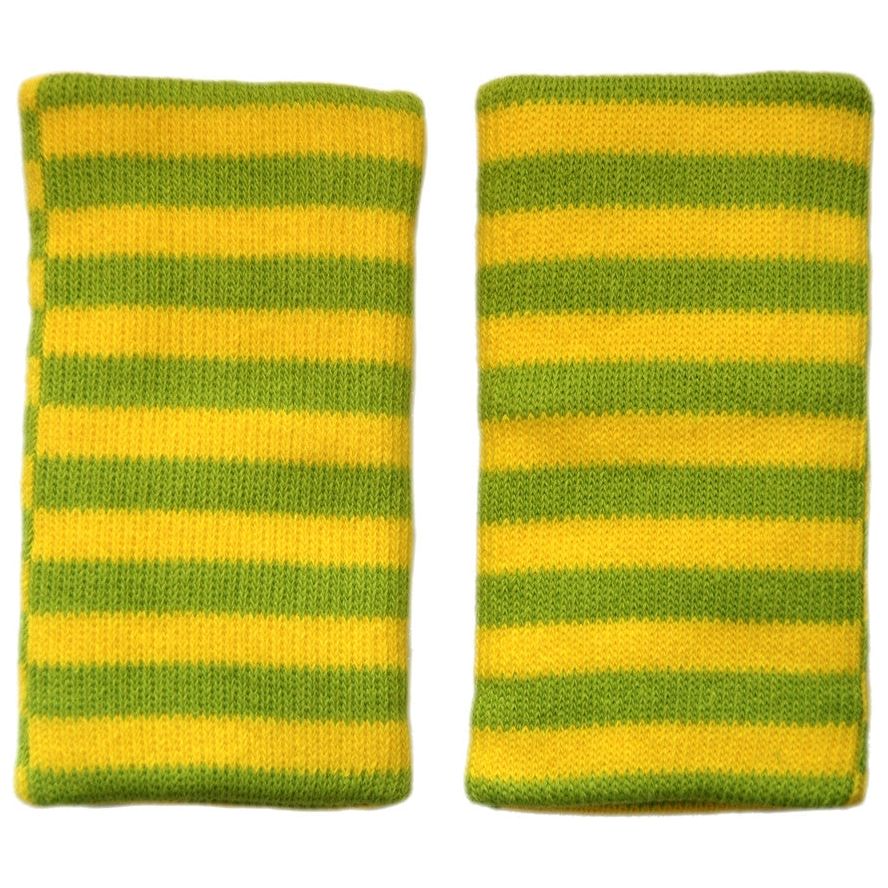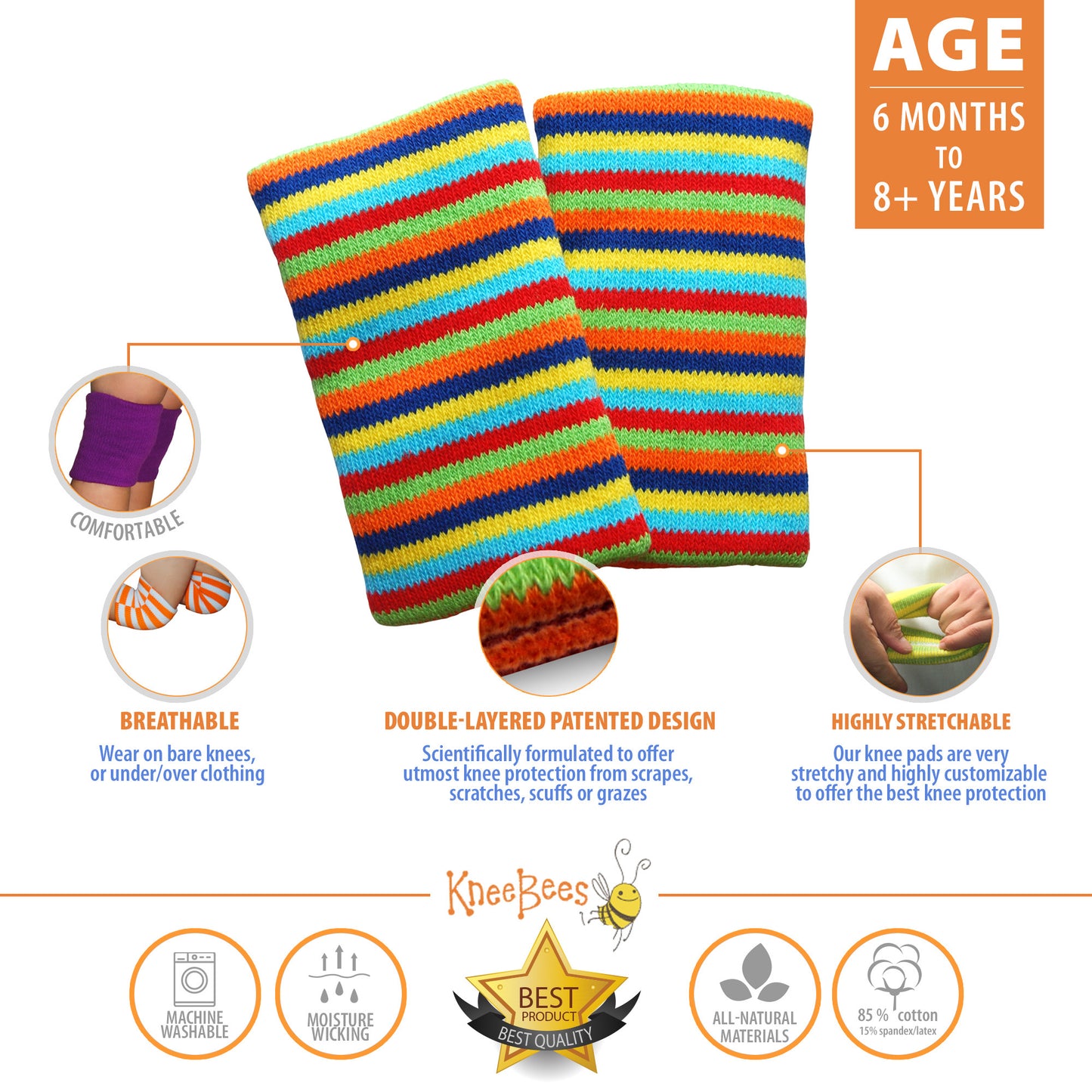Some tips on how to start the new school year the right way for both children and parents. We found these tips on www.babycenter.com. 
Image taken from www.pearsonschoolsystems.com
"8 Teacher Tips for School Success
We checked in with teachers to find out what they think parents can do to prepare their children for success at school. Here are their top suggestions:
R-e-s-p-e-c-t Teach your child the importance of respect early in life. Encourage your child to put toys in their special place, treat books and toys with care, wait for her turn, and treat animals gently. Talk to her about the importance of respecting other kids in the classroom. Everyone has the right to learn, so being disruptive in class interrupts everyone's learning process.
Read together Read to your child – and with your child – every day. To keep the bookshelves stocked, ask the librarian for age-appropriate recommendations. As your child gets older and progresses in reading, don't fall prey to some common misconceptions. First, moving on to chapter books is a great accomplishment, but don't abandon picture books – you can continue to read and discuss these with your child throughout elementary school. Second, keep reading to your child long after your child learns to read – as long as your child will let you. Reading aloud and listening are great tools for building vocabulary and reading comprehension skills. Learn more about building your preschooler's or grade-schooler's reading skills.
Don't do her homework for her! Resist the urge to do your child's homework. The work reflects what she learned that day. It doesn't have to be perfect. In fact, let her make mistakes and try to find them with you when she's done. Monitor her progress and see whether she understands the concepts. If she's confused, help her – but don't do the work for her. And, if your child is often stumped by homework, let the teacher know. Turn off the tube TV is not all bad – even teachers watch it. But it's a good idea to limit the amount of time your child spends in front of the tube. Less time in front of the TV means more time for books, imaginative play, and being active The average American child watches three to four hours of TV a day, despite the recommendation from the American Academy of Pediatrics that kids 2 and older watch no more than one to two hours daily. The AAP recommends that kids under 2 watch no television at all. Learn more about making wise TV choices for your child.
Recognize talent Not all of your child's gifts and skills are highlighted in the classroom. Emphasize all of your child's talents -- not just those associated with school and learning -- and tell the teacher about them, too. It'll give your child more avenues to explore interests and experience success. Learn more about tapping into your preschooler's or grade-schooler's hidden talents.
Give them time Take a conservative approach to extracurricular activities. If your child is participating in art and music classes, swimming lessons, sports, and after-school care, his free time is limited. By keeping some room in your child's schedule, you'll give him downtime and encourage creative play.
Talk to your child Ask your child how her day was and listen closely to the answer. Ask follow-up questions and engage her in a conversation. Who did she play with at recess, for example, or what were the high and low points of the day? These daily interactions validate your child's interests and concerns.
Allow failure Your child learns from success and failure. Tell your child that it's okay to make mistakes and show that you mean it by accepting errors from time to time. Even better, teach your child to learn from his mishaps and try again."


























